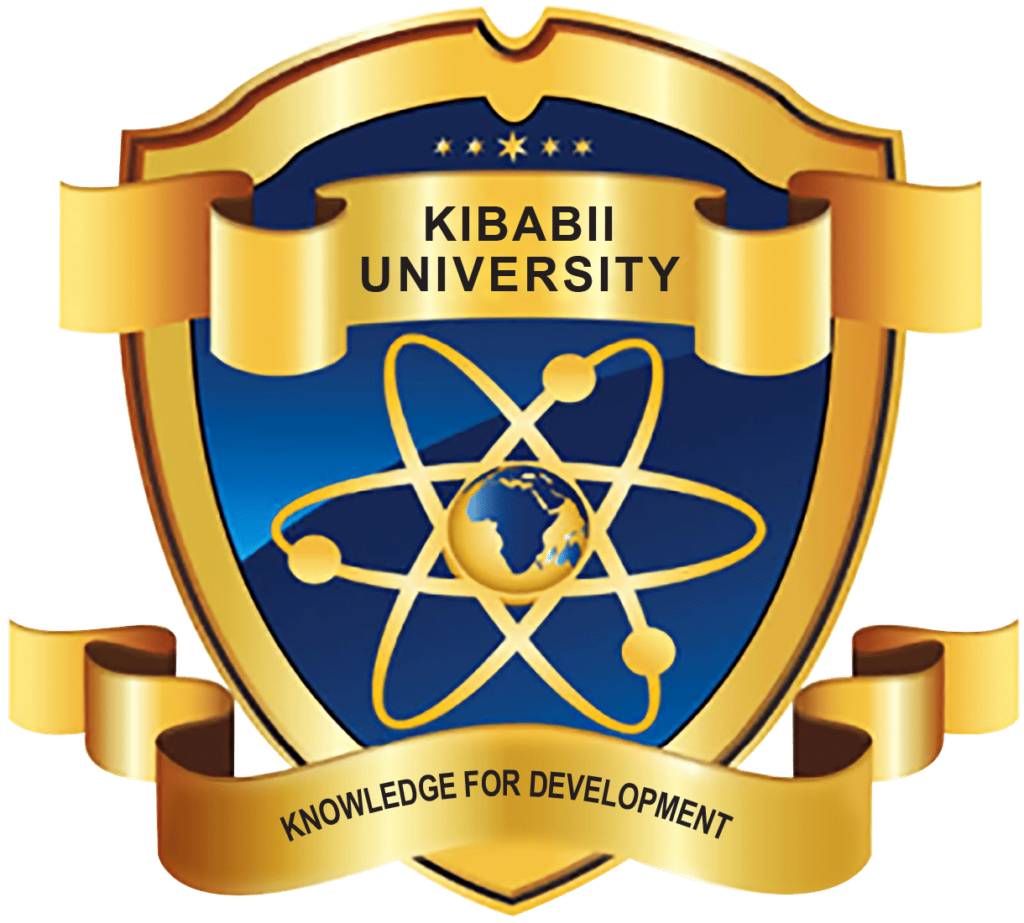THESE TITLE: Domain-Specific Beliefs of Biology Teachers about the Subject and the Integration of Information Communication Technology in Instruction in Secondary Schools in Bungoma County, Kenya
STUDENT NAME: Wamukota Dorcas Nelima
SUPERVISORS:
1. Dr. Edwin Masibo
2. Dr. Robert Nyukuri
ABSTRACT:
Information and Communication Technology (ICT) has a key role to perform in aiding education deliver its mandate of transforming Kenya into an industrialized nation as envisaged in the Kenya vision 2030. It is therefore essential that it is integrated into the teaching of all subjects in the school curriculum, biology inclusive. Its application in teaching contributes to effectiveness in delivery of the content. However, this is met with many challenges as many teachers do not seem to prioritize the use of technology in biology instruction based on the teachers’ beliefs about the description of the subject and how it should be taught. The purpose of this research was to examine the domain-specific beliefs held by the teachers of biology about the nature of the subject, its instruction and the effect of these beliefs on the integration of ICT in instruction in secondary schools in Bungoma County, Kenya. The following objectives guided the study: to identify the distribution of the teachers of biology in the three belief categories, determine how the teachers’ beliefs affect the frequency of use of ICT in teaching biology, investigate the effect of the teachers’ beliefs on their perceptions about integration of ICT in instruction, and to establish the factors affecting ICT incorporation in biology teaching in secondary schools in Kenya. The study was based on the social constructivist learning theory as proposed by Lev Vygotsky. The descriptive survey design involving stratified, purposive, and simple random sampling techniques were applied. A sample of 70 teachers of biology drawn from 31 public secondary schools in Bungoma County was used in the study. Data was collected using questionnaires, and observation schedules. The instruments were validated using biology teachers, colleagues, and experienced researchers in the department of Curriculum and Teaching. Reliability of the instruments was established using the Pearson Product Moment Correlation. Data was analyzed using descriptive and inferential statistics. The descriptive statistics included frequencies and percentages while inferential statistics involved the Chi-square test and the Pearson correlation analysis to establish relationships between variables. The findings from the study show that domain-specific beliefs held by the teachers of biology about the nature of the subject and its instruction affect the integration of ICT in instruction. The study established that there was a significant relationship between the teachers’ domain-specific beliefs and the integration of ICT in instruction. It also established that there was no significant relationship between the teachers’ domain-specific beliefs on the perception about integration of ICT in biology instruction. It also established several factors which contributed to the current state of ICT integration in biology instruction. The study concludes that domain-specific beliefs influence ICT incorporation in biology instruction, and recommends the need for interventions which include government funding to facilitate ICT infrastructure development and training of teachers to equip them with ICT knowledge and skills to enable integration of ICT in instruction which is envisaged to improve instruction and equip learners with the pertinent knowledge, skills, attitudes, and competence for further training in line with the national goals of education.

